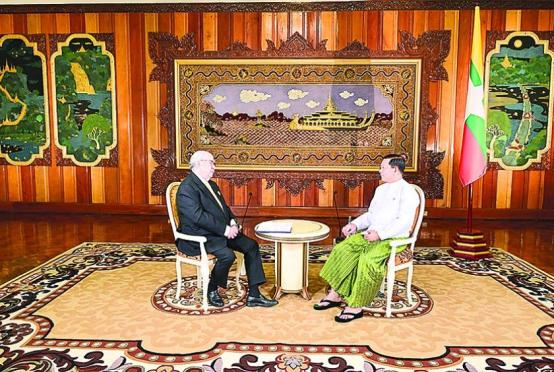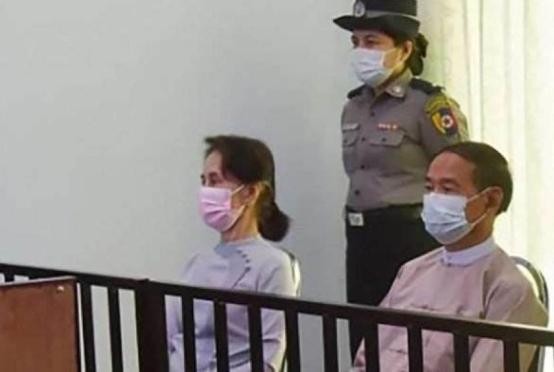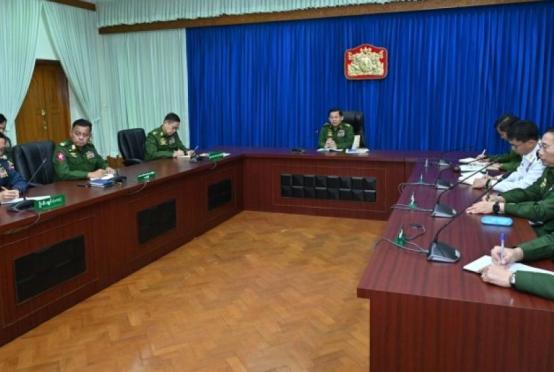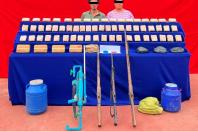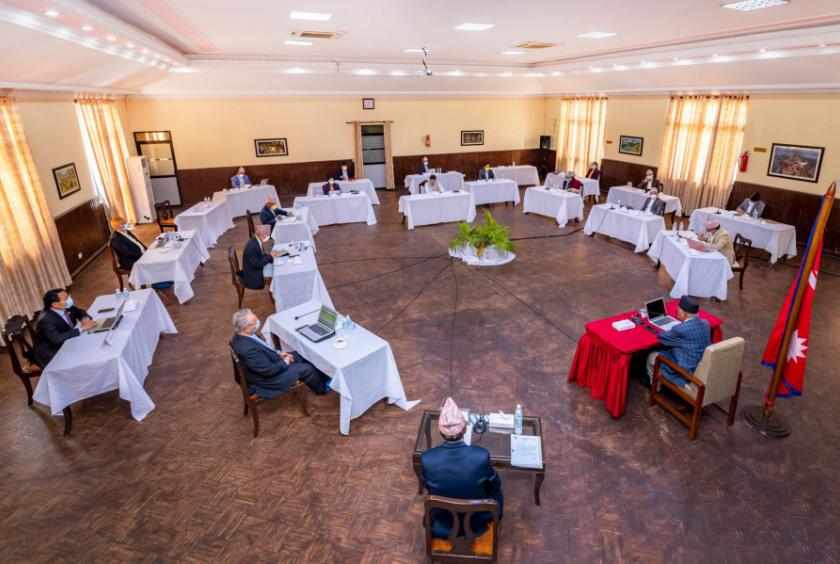
The Kathmandu Post/ANN - The government has decided to extend the ongoing nationwide lockdown, which is in its 22nd day, until April 27.
A Cabinet meeting on Tuesday decided on the extension to stem the spread of coronavirus, which has so far infected 16 people in Nepal, including three Indians.
The sudden rise of Covid-19 cases in the country prompted the government to extend the lockdown by 12 days, a minister told the Post. This is the third time that the lockdown, which came into force on March 24, has been extended.
Two people from the Valley tested positive for Covid-19 on Tuesday, a day after a woman from Kailali and a man from Rautahat were confirmed infected. The health ministry confirmed three cases on Saturday, a week after as many cases were reported in Kailali and Kanchanpur, including one case of local transmission.
Earlier, cases of Covid-19 were reported in Kathmandu, Kanchanpur, Kailali and Baglung.
The Cabinet meeting also decided to continue the suspension on all international and domestic flights and the closure of the southern border until the situation normalises in India.
“The earlier decision to seal the border with India until April 30 is still in place, and if required, the border will remain closed beyond that date as well,” Foreign Minister Pradeep Gyawali told the Post. “We have also decided to put in place stronger measures at the border as Covid-19 cases in India continue to rise.”
As of Tuesday, India had reported over 10,000 confirmed cases and 353 deaths.
India, also on Tuesday, decided to extend its nationwide lockdown until May 3.
To monitor the Nepal-India border, the government has decided to send reinforcements.
Tuesday’s Cabinet meeting also dwelt on other important measures that need to be taken to contain the spread of the virus. According to Gyawali, those who refuse to reveal their travel history will now be liable for punitive action.
“Those who have come in contact with people who tested positive for Covid-19 must reach out to authorities and any refusal to do so also will attract punishment,” Gyawali told the Post. “We have come to know that people have tested positive even a month after they arrived in Nepal. We encourage everyone to provide authorities accurate information, including their travel history and the people they have come in contact with.”
The Cabinet also instructed local governments to arrange food and shelter for those who have been stranded in different parts of the country.
Meanwhile, the government is considering lifting the lockdown in certain areas, especially related to manufacturing and large-scale infrastructure projects, a minister told the Post on the condition of anonymity as details of the plans are yet to be finalised.
“No decision has been reached yet,” said the minister.
With rapid diagnostic tests launched across the country, more cases are expected to emerge and officials maintain that the lockdown is the only way to contain the spread of the disease.

